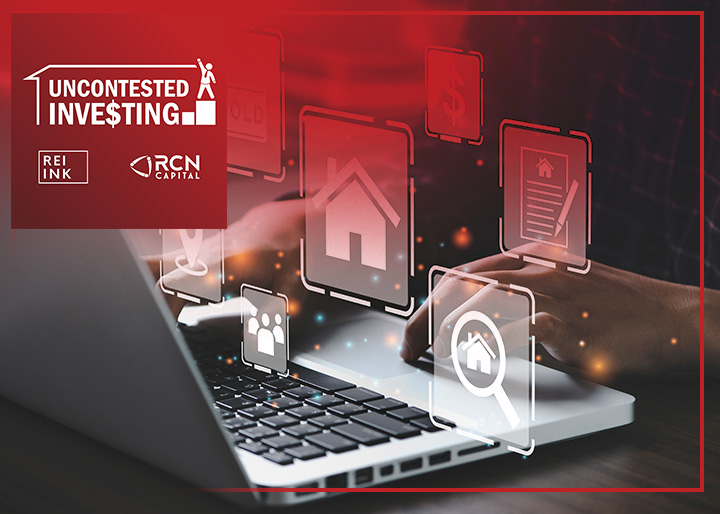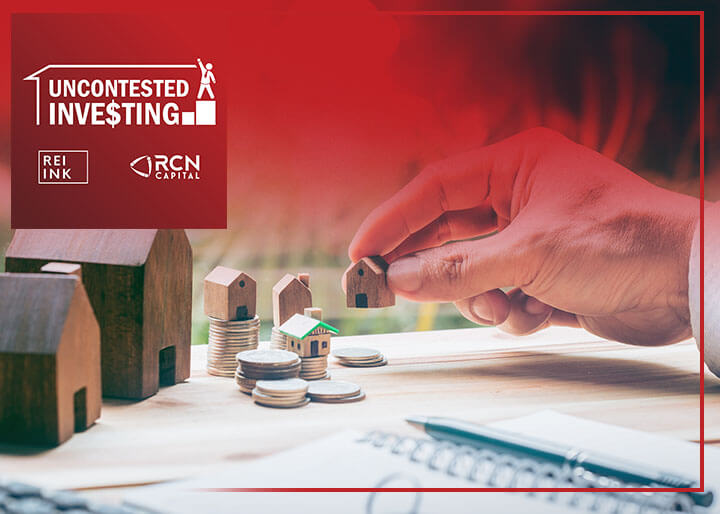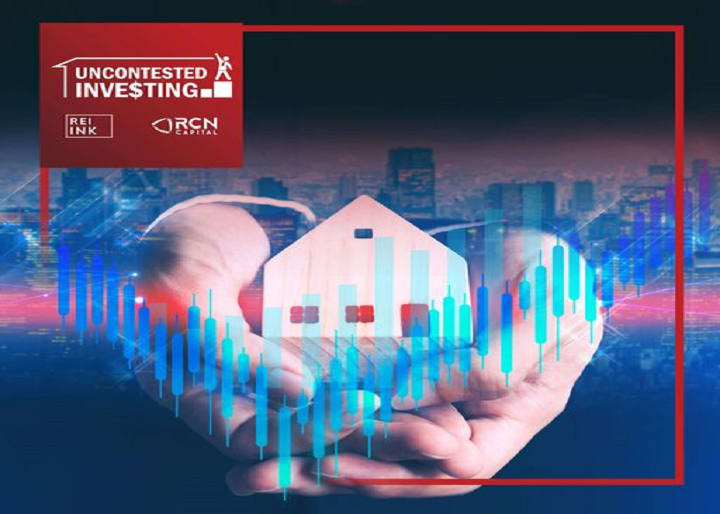Renters Warehouse: Leveraging Your House To Generate Income With Noel Christopher
When you own the house, you can’t generate wealth from it if you don’t leverage it. In today’s society, where people are moving five to ten years from now, how can you create wealth by owning that house? In today’s episode, Noel Christopher, the Senior Vice President of Renters Warehouse, shares his insights on homeownership and how you can leverage your house to generate income. Tune in and learn more about
Read More










